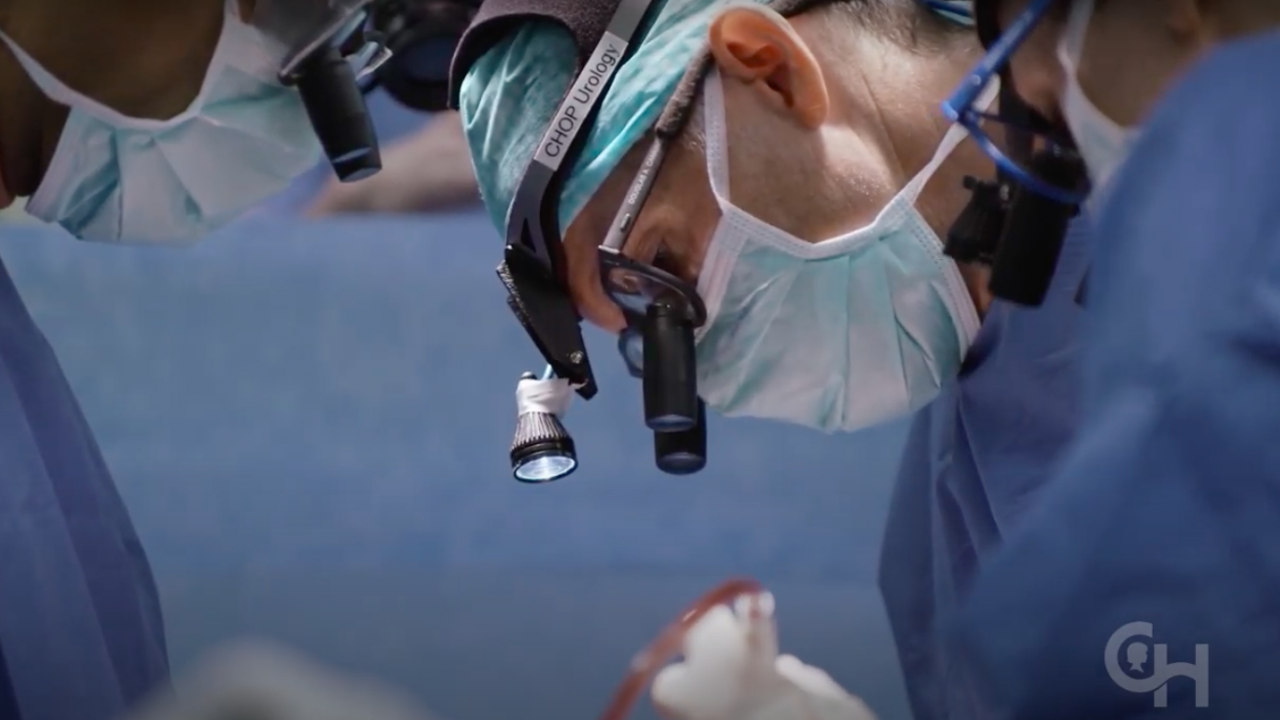
PHILADELPHIA (NCC News) – A local surgeon believes many doctors have found difficulties coping with the coronavirus pandemic. Dr. Douglas Canning, the division chief of urology at the Children’s Hospital of Philadelphia, said this time period has been challenging for him because he has not been able to see his patients and give them the timely surgeries they need.
Dr. Canning is one of the top surgeons in the area, according to his biography page on CHOPs website. Canning has received over 25 awards and honors, including being recognized as one of the “America’s Top Doctors” by Castle Connolly Medical Ltd.
Canning says being a doctor during the pandemic has come with its fair share of challenges but has also been very rewarding.
“I will tell you that I have never worked so hard and done so little. Administratively, we were trying to get our arms around what this was going to look like and figure out a way that we could get back to taking care of the untreated children,” said Canning.
According to Canning, the last surgery he conducted before the virus started to spread was on March 27. Following that surgery, Canning did not operate again until May 4. Canning said that was the longest time period he has ever gone being away from the operating room.
Canning said being out of the operating room and not being able to physically meet with his patients was very difficult. Canning felt it was the right decision to limit his team’s exposure to CHOP because it would really become problematic if doctors tested positive for the virus.
One of the best ways Canning has been able to adapt during the pandemic is by using video appointments. Canning remembers only doing four video appointments before the pandemic began. In the past five months, Canning said he and his team have held over 2,500 video appointments with their patients.
“We routinely will see somewhere around 400 children per week. Of course, that was initially impossible to do in person, so I was really proud of the hospital and our ability to pivot,” says Canning.
Canning says he found the video appointments to be very helpful. Although he misses the in-person interactions, the video platform was much more flexible and frequent for him.
Canning says up to 85% of his team have gradually started to make their way back into CHOP. Canning finds it useful to follow CHOP’s coronavirus update page, in order to see when patients will be able to see their doctor again for in person appointments.




